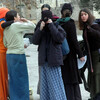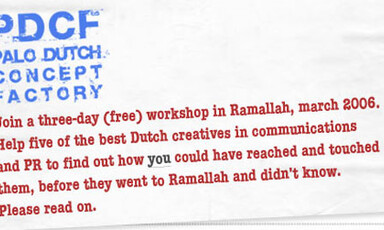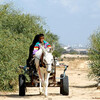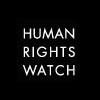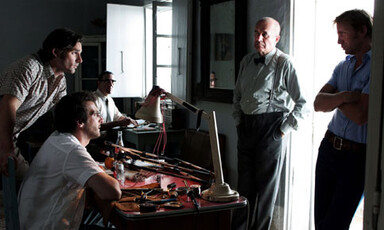
"Munich": Spielberg's thrilling crisis of conscience
14 January 2006
“What’s going on in that head and that mind?” an American news commentator asks during a montage of media reports on the kidnapping of eleven Israeli athletes by the Palestinian Black September group. The astonished newsman is questioning the Palestinian hostage takers who end up murdering their eleven captors during Germany’s botched rescue attempt. But Munich’s director Steven Spielberg, for now, is more interested in what’s going on in the mind of the Israeli agent in charge of the state’s response to the Munich killings. However, whether we really get into the minds of the unlikely group of Israeli Mossad agents who are assembled by Israeli Prime Minister Golda Meir to avenge the killings is debatable. It is mostly Spielberg’s moral dilemmas that we access, but not all the questions necessary to resolving his moral dilemma are posed. Read more about "Munich": Spielberg's thrilling crisis of conscience
